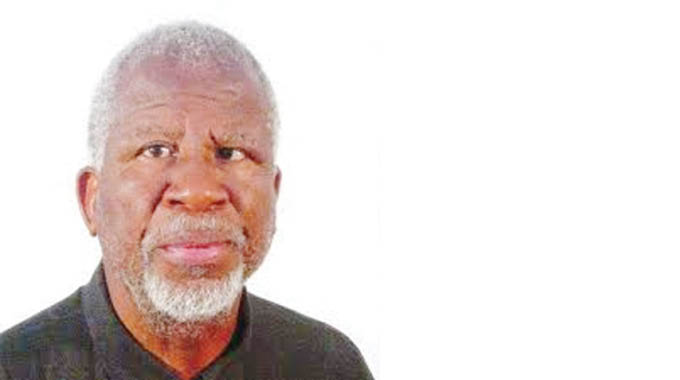Ways into Zimbabwe’s brave new future

Stephen Mpofu
VISION 2030 which overshadows the minds of Zimbabweans right now should not merely catalyse the political rhetoric of those in the high echelons of power with women among their audiences shrilly applauding the personages in point here.
No, vision 2030 should provide an impetus to the creation of new ideas that will serve as a fillip for Zimbabwe’s economic growth into a brave new future.
Here is one such novel idea. The Minister of Industry and Commerce, Dr Sekai Nzenza, said earlier this week that localising the production of buses and trucks was at the heart of her ministry’s thrust.
At present, the Government has been facilitating the importation of buses from China and Belarus to beef up the Zupco fleet and Public Service Commission buses.
Dr Nzenza said continual importation of the buses would not be sustainable in the long run because of the high import bill involved and so localising the production of the vehicles would be the right way forward.
As a matter of fact, import substitution is not only an ideal but a must for a developing economy such as ours to save scarce foreign currency which is hard to come by in order to redirect any forex available towards other, local economic needs.
The local production of the vehicles in question automatically translates into downstream industries to provide the necessary components for the trucks and the vehicles in tandem with the creation of jobs for thousands of Zimbabweans now pounding the streets to earn an income and put food on the dinner table for their families as well as educating their offspring to equip them with skills to earn better lives and therefore not resort to criminal activities to try to make ends meet in life.
But, of course, the production of high-quality trucks and buses will require skilled technicians and this means that requisite skills will be imperative for the creation of good quality products that will also reflect the top literacy rating of Zimbabweans on the African continent.
Moreover, with devolution or deputisation of Central Government powers by local authorities will mean easier mobility for people across the country by bus and probably much more importantly the distribution by trucks of products between urban and rural areas will serve as a boon to equalising lopsided development in the country which betrays an ugly colonial bequest to a free and independent Zimbabwe.
Which means that uninverted patriots and therefore lovers of the motherland should bracket off any discordant political persuasions and put their nay all of our shoulders to the wheel in order to implement any developmental programme by a government of the people by the people for the people.
The net results of such unified efforts will be the narrowing, if not obliterating altogether the yawning ugly gap between the urban haves-nearly-alls and their have-nots counterparts in rural areas where in worst-scenario cases the emaciated feet of the latter with their cracked soles would have been stamping their status to the world even to this day with the bicycle and donkey serving as forms of transportation for people and goods on winds-wept or bush track like roads were it not for our Government’s unflinching desire to equalise the lives and rights of all citizens albeit in face of scarce resources.
Therefore, if Zimbabweans work with one mind and one heart in transforming our country, imperialists and other detractors will have their voices turned hoarse by our acts of self determination for them to shout “hurray! Hurray!” in celebration of any failure that they love to see in order to discredit people who fought to liberate themselves with some among us sacrificing their precious blood to destroy the yolk of colonialism and racial oppression by those foreigners without knees.
Once our people begin to boast their masterly of the truck and bus production crafts, the Government should vigorously scout around the global village for export markets for our vehicles in order to harvest the much-needed forex to use for the continued growth of the economy and with that our country’s prosperity, joy, peace and national stability.












Comments